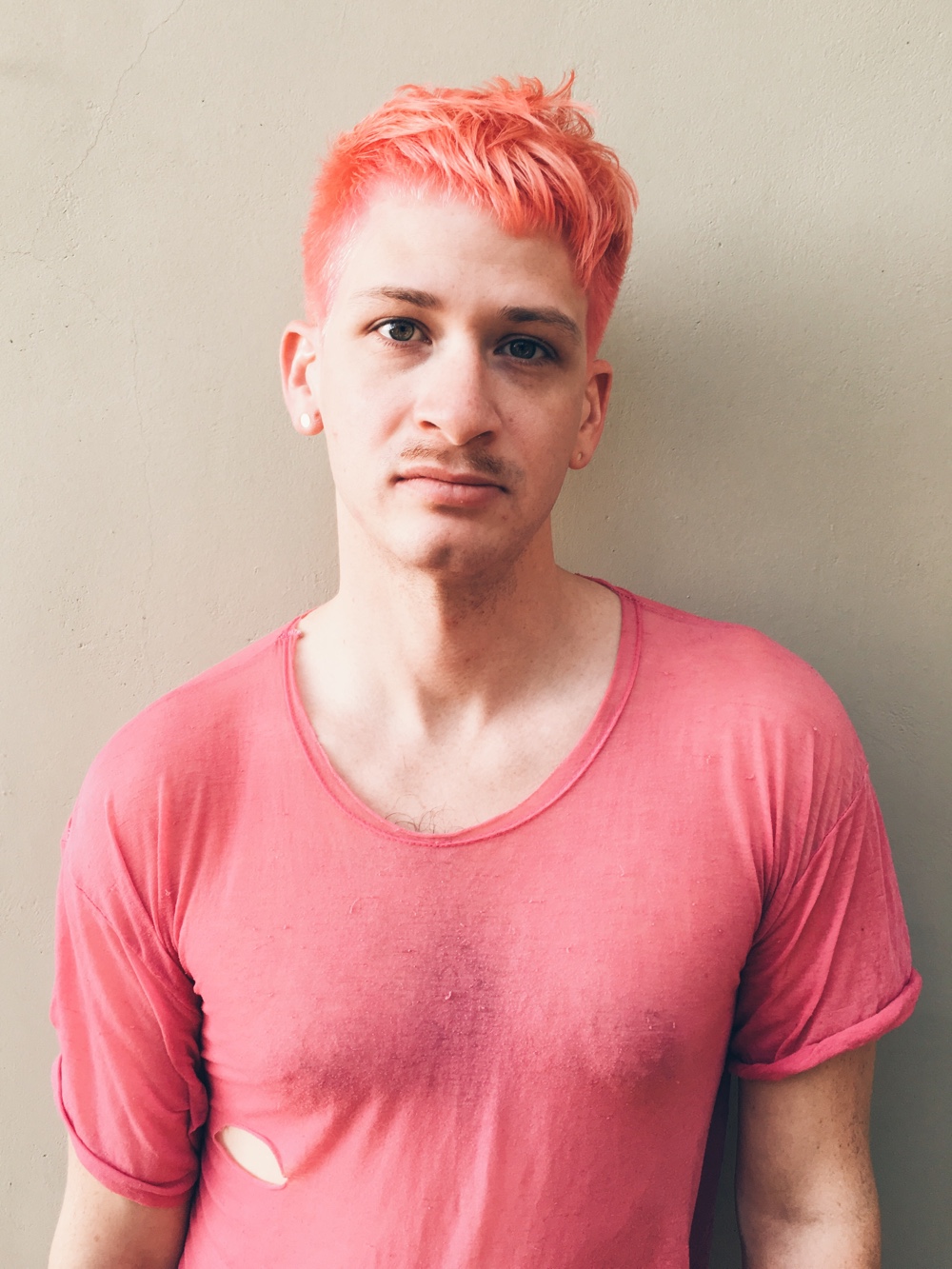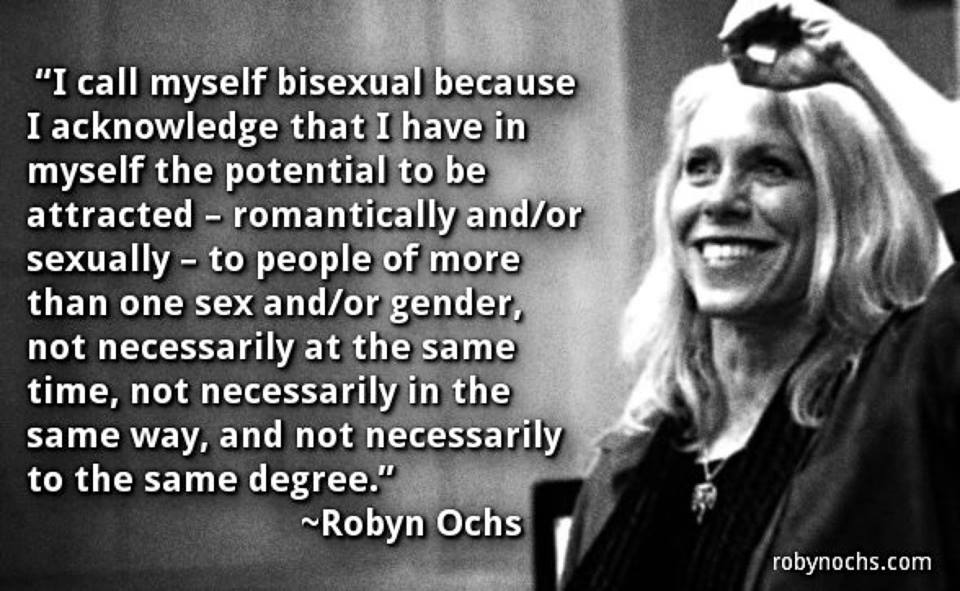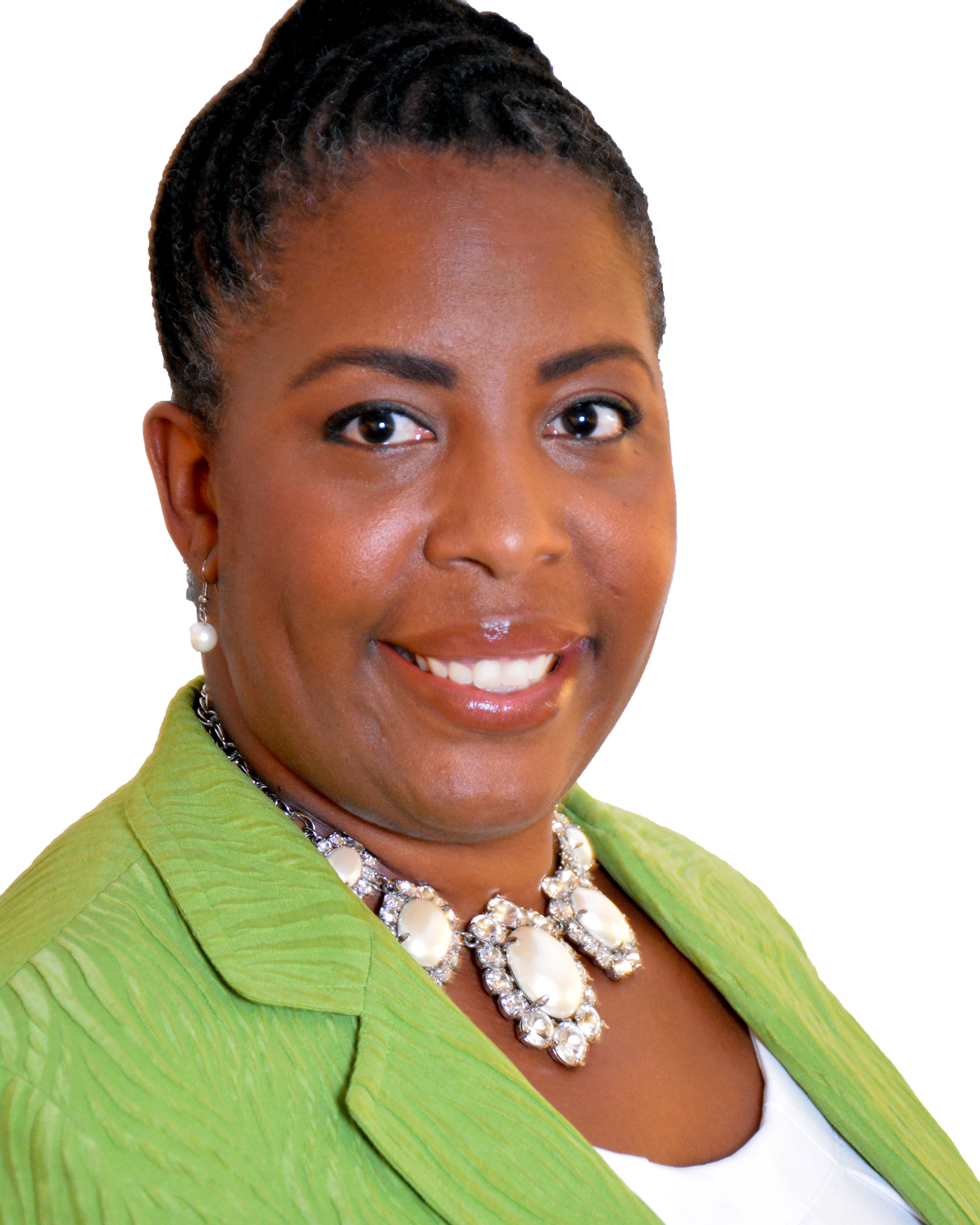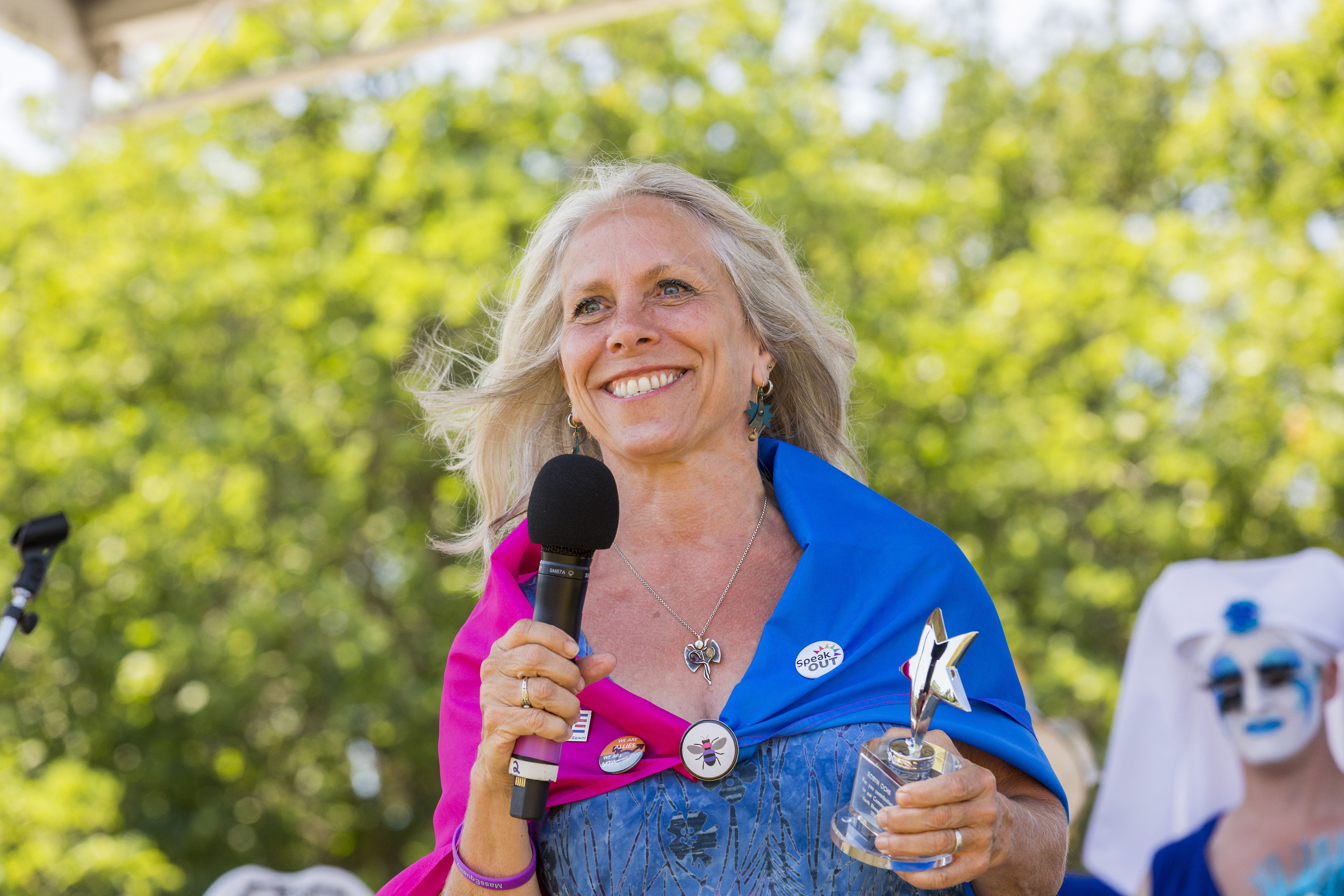What You Need To Know About Bisexuals, In Their Own Words

By:
The LGBT community is an ever-widening spectrum of sexual and gender orientations. It is a celebration of difference that rallies around the freedom to express your love and yourself however you please.
But not every party involved always feels the love as the expansive nature of queerness frequently leads to certain persons being left out. For years, the transgender community went unspoken for in society. Queer persons of color and of lower economic status have historically felt left overlooked, too.
Another group affected by their exclusion are bisexual persons — and the effects are devastating.
Frequently the B in LGBT gets erased from conversations of queerness, a phenomena known as bisexual erasure, which can enable biphobia.
 Robyn Ochs - robynochs.com
Robyn Ochs - robynochs.com
“U.S. culture is very binary,” Robyn Ochs, an activist and educator who identifies as bisexual, told ATTN:. “We have a tendency to reduce all sorts of complicated things to pretend binaries, and that includes race (black/white), politics (Democrat/Republican), gender (man/woman). I believe that a great deal of bisexual erasure stems from this dynamic.”
This erasure of bisexual persons leads to greater risks.
Bisexual persons have a higher prevalence of negative physical activities like smoking and drinking, face increased levels of violence and discrimination, and are considerably less likely to reveal their identities compared to their gay and lesbian peers, according to a 2016 report by Movement Advancement Project title "Invisible Majority."
 National LGBTQ Task Force - thetaskforce.org
National LGBTQ Task Force - thetaskforce.org
Stacey Long Simmons, Director Of Advocacy & Action at the National LGBTQ Task Force who identifies as bisexual, stressed that these issues are the effect of erasure. “The fear and loathing that one feels trying to come out over and over and over again over time takes its toll,” she told ATTN:. “It’s definitely one of the reasons why bisexual people have higher rates of anxiety and depression.”
The irony is that bisexuals make up nearly half of LGBT people, making them the largest group in the community.
More than 40 percent of LGBT persons of color identify as bisexual while half of people who identify as transgender identify as bisexual or queer.
Furthermore, the majority of current teens do not consider themselves to be “completely heterosexual.” The majority of them self-identify as some sort of bisexual.
 Marilyn Humphries - robynochs.com
Marilyn Humphries - robynochs.com
“More and more people are identifying as bi+,” Ochs said. “I'd like to see broad definitions of bisexuality (such as mine) gain traction because they clarify meaning.”
To understand these struggles, ATTN: spoke with multiple persons who identify along the bisexual spectrum. Here’s what they had to say.
Hannah Gibbs is bisexual leaning, and more interested in women than men.
Her biggest concern is representation in the media. “There's too much representation of bisexual people as overly sexual, untrustworthy, and scandalous,” she told ATTN:. “Bisexual persons are real people with families and loved ones and complex identities that aren't necessarily based around sexual pleasure.”
John McCracken identifies as bisexual, but finds that straight and gay persons alike frequently pressure him to pick a side since he’s in a long term relationship with a man.
“I think my parents/family ask this because they're secretly hopeful,” McCracken told ATTN:. “It's kind of an insulting question, especially to my relationship. It assumes the relationship will end and I'll go find a woman again because this was a phase, instead of giving my relationship the respect it deserves.”
Alex Berg is bisexual and attracted to people “across the sex and gender spectrum.”
Berg finds there is a need to defend this identity because it is constantly being invalidated. “Are you sure? Are you sure you're not gay? Are you sure that you just haven't made up your mind?” she said. “Bisexuality is often viewed as a pitstop on the way to being gay or as a way for straight people to experiment. The truth is that bisexuality is a static identity. No matter the gender of my partner, I'm still bisexual.”
“There are a lot of misconceptions about it because we are the ‘invisible majority,’” Berg added. “Most of us are presumed to be either straight or gay based on the gender of our partner. We face discrimination within the LGBTQ community because we're thought to be imposters — along with homophobia outside.”
Kelly Lee Guerrero’s bisexuality is commonly confused with being same sex.
“I usually dress in baggy pants and t-shirts and they are surprised to find out I like all genders,” Guerrero said. “Dressing a certain way does not give away your sexual orientation."
Yet Guerrero is most concerned for men who identify as bisexual and beyond because society places a bigger stigma on them. “It's still okay for a woman to like all genders,” she said. “But if a man does it, he is looked at as less than or gross. I hope society calms the fuck down.”
Keith Villareal is concerned with how confusions regarding his bisexuality can enable assumptions.
“I don't discuss my sexual preference,” Villareal said. “I don't talk about liking men or women.”
As a result, Villareal said people often impose a sexual identity on him. “What really triggers me is when people pressure me to tell them I'm gay,” he said. “It's kind of weird…People oughta know that it's not what it seems. If a man likes men or women while they're 24, doesn't mean they won't settle down and get married to a woman when they're 30. It all depends on the person.”
Jessie Pauli is pansexual and echoes the frustration of being pressured to admit liking one gender more than another.
What is most bothersome to her is that her identity—and bisexuality in general—is greatly misunderstood by those in and out of queer circles. “I know gay and lesbian people who are anti-bisexuality,” Pauli explains. “Like we don't have a place. Like we make it up. Which is even more frustrating than a straight person doing it…[I] hope society will understand that we are real. We do exist. It is a sexuality.”
Bisexuality is a valid identity—and society needs to work harder to support, celebrate, and research bisexual pepole's stories.
As both Simmons and Ochs told ATTN:, greater visibility of and research about the bisexual community leads to changes in policy because it illustrates the size and scope of a group.
“There’s something to be said about that whole pop culture element,” Simmons says. “It can have such a normalizing, affirming effect for people who live in such remote areas of the country and the world where they don't get to interact with people like themselves.”
Moreover, our current presidential administration’s cutting of LGBT data collection will only exacerbate these issues. “There are many disparities in society for bisexuals. We have the data to show it too,” Ochs says. “But there is now a concerned effort to erase our data—and that’s scary.”
